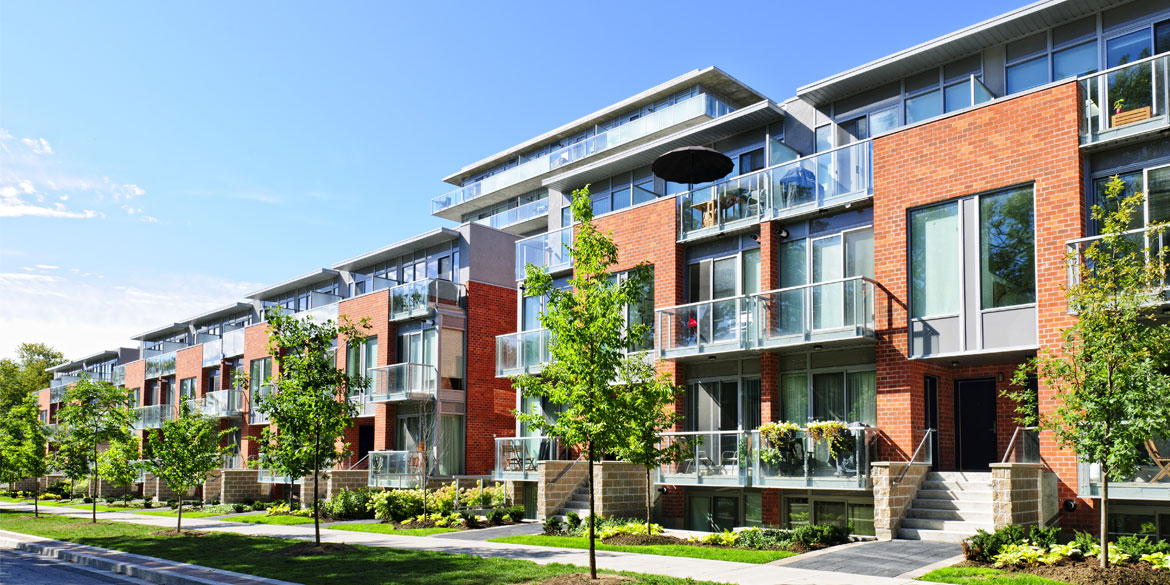
Approximately one million houses and two million flats in the UK are owned on a leasehold, rather than freehold basis. As developers continue to build up rather than out to meet housing demands. If you currently own or are looking to purchase a leasehold property, read on to find out more about the lease extension and leasehold enfranchisement rights that could end up saving you thousands of pounds.
The Leasehold Reform Housing and Urban Development Act 1993 (as amended by the Commonhold and Leasehold Reform Act 2002) gives tenants the right to ‘upon qualification to compel the sale of the freehold of the building or part of the building’.
In other words, if you live in a leasehold property, you may have right to jointly purchase the freehold for your building with several flat owners within the block.
To qualify for leasehold enfranchisement, there must be at least two flats in your building and at least two-thirds of the flats must be let to qualifying tenants who have:
Other criteria apply to successful leasehold enfranchisement, which is why it’s so important for leaseholders and landlords to get expert advice from surveyors and solicitors specialising in this complex area of legislation. This field of valuation work is heavily legislated but we have three expert surveyors working in this area at Kempton Carr Croft to guide you through the process.
At Kempton Carr Croft, we work closely with solicitors and estate agency firms to provide their clients – both freeholders and leaseholders – with leasehold enfranchisement and residential lease extension services.
Our expert surveyors are members of ALEP, the association of leasehold enfranchisement practitioners. This means we have an excellent understanding of legislation in this area means that we are adept at deciphering leases.